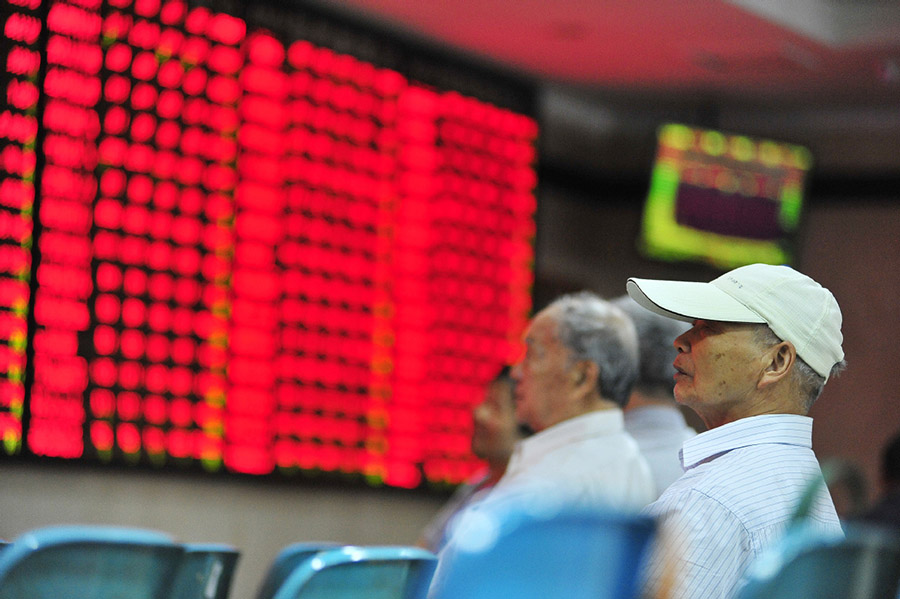(Xinhua)08:49, November 23, 2020![]()
WASHINGTON, Nov. 22 (Xinhua) — The United States said on Sunday that it officially withdrew from the Open Skies Treaty, in yet another move to abandon a major international arms control agreement.
Today marks six months since the United States submitted our notice of withdrawal from the Treaty on Open Skies, National Security Adviser Robert OBrien said in a tweet.
The Trump administration submitted the notice of its decision to withdraw from the treaty in May, and the Sunday announcement marked the end of a six-month notification process.
The treaty, which became effective in 2002, allows its 34 State Parties to conduct short-notice, unarmed reconnaissance flights over the others entire territories to collect data on military forces and activities.
The United States and Russia have blamed each other for noncompliance with the treaty. Washington and Moscow have each put a few limits on flights over their territories — Hawaii and some other U.S. bases have been off-limits, as has Kaliningrad, among others, according to media reports.
The treaty is aimed at building confidence and familiarity among State Parties through their participation in the overflights. By 2019, over 1,500 Open Skies flights have been conducted since the deal entered into force, according to media reports.
Some experts noted that a unilateral U.S. exit from the treaty would undermine U.S. commitment to its NATO allies.
Moscow will seek firm guarantees that the states remaining in the Treaty on Open Skies fulfill their obligations, the Russian Foreign Ministry said Sunday in connection with the U.S. withdrawal from the treaty.
After withdrawing from the Treaty on Open Skies, the U.S. side expects that its allies, on the one hand, will hinder Russian observation flights above U.S. military facilities in Europe, and, on the other hand, share with Washington their photographic materials of Russian territory, it said in a statement.
Of course, this is unacceptable for Russia, it added.
We will seek firm guarantees that the states remaining in the Treaty on Open Skies will fulfill their obligations, firstly, on ensuring the possibility of observing their entire territory and, secondly, on ensuring that the materials of observation flights will not be transferred to third countries that are not participants of the treaty, it said.


